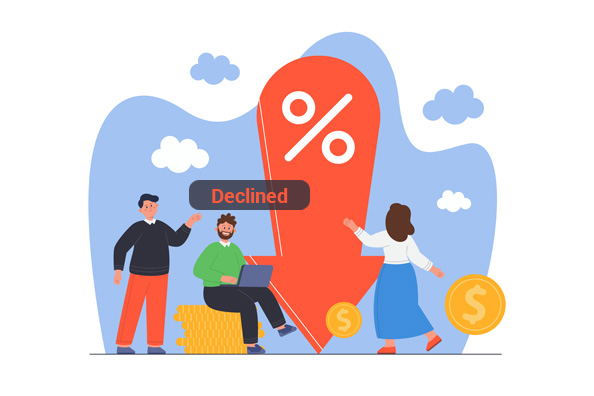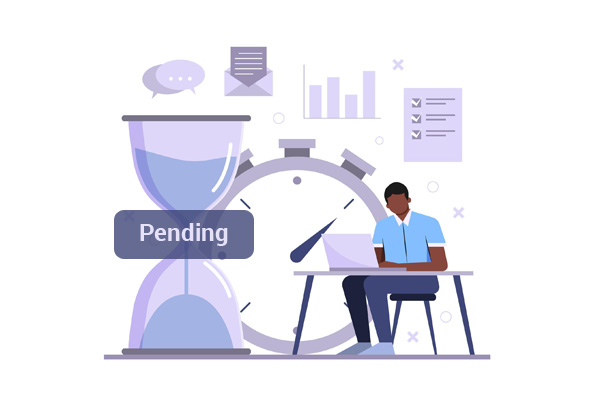
“A simple guide to understand the capital gains tax on selling your house”
Generally, two types of taxes are involved in selling a house, the capital gains tax and the stamp duty tax. Capital gains tax is the main tax that a seller has to pay after selling a house and can be viewed as an income tax. The stamp duty tax is another cost involved in house selling. However, this tax is usually paid by a buyer when purchasing a new home. So, capital gains tax is the main tax you have to pay after selling your house. The tax rate depends on your status as a taxpayer and also on the type of property you are going to sell. Read this blog post, to learn about the capital gains tax and possible exemptions to maximise your benefits.
Sell House Income Tax: Understand the Tax on the Sale of Property
You are liable to pay the capital gains tax usually charged at high rates compared to regular income tax when selling a house. The capital gains tax is charged on the profitable amount only that you gain from a house sale. For instance, you paid £500,000 for a house, which you later sold for £600,000, making a profit of £100,000 on the deal. The £100,000 profit is regarded as a capital gain and you must pay capital gains tax for this profitable amount. However, not every kind of residential property is subject to this tax, and the percentage varies depending on the kind of property you are selling.
How Much Tax Does a Seller Have to Pay When Selling a House?
The rates of capital gains tax vary and depend on several factors such as how much you gained from the house sale, the size of the property, and your status as a taxpayer. If you are selling a house in the UK, you have to pay 18% of the profitable amount as the capital gains tax. If you are a high-rate taxpayer, then you are subject to a rate of 28% of the profitable amount of the sale price.
When to Pay?
Remember you don’t need to pay this tax if selling your only home. The capital gains tax is charged when selling a second home or a buy-to-let property. Business premises, vacant land, and inherited properties are also covered under the capital gains tax. You have to pay the capital gains tax when selling a residential property purchased to gain profits. Selling an office space or commercial property is also liable to capital gains tax.
Properties that Invoke Capital Gains Tax
You have to pay the capital gains tax within 60 days of selling a property which falls under the below categories.
- If you sell a house with a large chunk of land and at least 5000 square meters or with additional construction.
- You also need to pay the tax when selling a house that was rented out.
- Houses that you transformed into commercial spaces.
- When selling a home, you bought intending to make a profit, taxes must also be paid.
- selling a house that isn't your primary residence, such as one that you rent out, use for business, bought with money planned to make a profit, etc.
What Are the Exemptions Under Capital Gains Tax?
You can avail of the benefits of various exemptions to reduce the capital gains tax bills. Here are some ways to reduce your tax bills.
- House Selling Cost: You can reduce your capital gains tax by calculating all your house selling costs. When filing the tax you can deduct expenses like home repair costs, the amount paid to agents as commission, legal fees, and solicitor fees. Your taxable amount will be calculated after dedicating all these expenses.
- Ownership Transfer: Another option to reduce tax bills and maximise profits is to transfer ownership of your house before selling it. If you are a high-rate taxpayer consider transferring the property to a low-rate taxpayer which can be your spouse or any other family member.
- Private Residence Relief: Homeowners selling their primary residence are exempted from paying the capital gains tax on the profit generated from the sale amount.
- Annual Tax Exemptions: Each taxpayer is eligible for availing of some annual tax allowances that can be utilised to deduct capital gains tax. If you want to receive more tax-free allowances, you might also think about co-owning a property with your partner. This way you can use the yearly tax-free allowances of two people to share ownership and potentially lower the capital gains tax.
In summary, sellers are legally bound to pay capital gains tax after selling a house other than their prime residence. Capital gains tax is the main tax to be paid by a seller after selling a home. The tax is charged on the profitable amount only and depends on the status of the taxpayer and the property type. In the UK, the capital gains tax rate is between 18 to 28%. Sellers planning to sell their house can turn to estateagentpower.com for smooth property sales.








